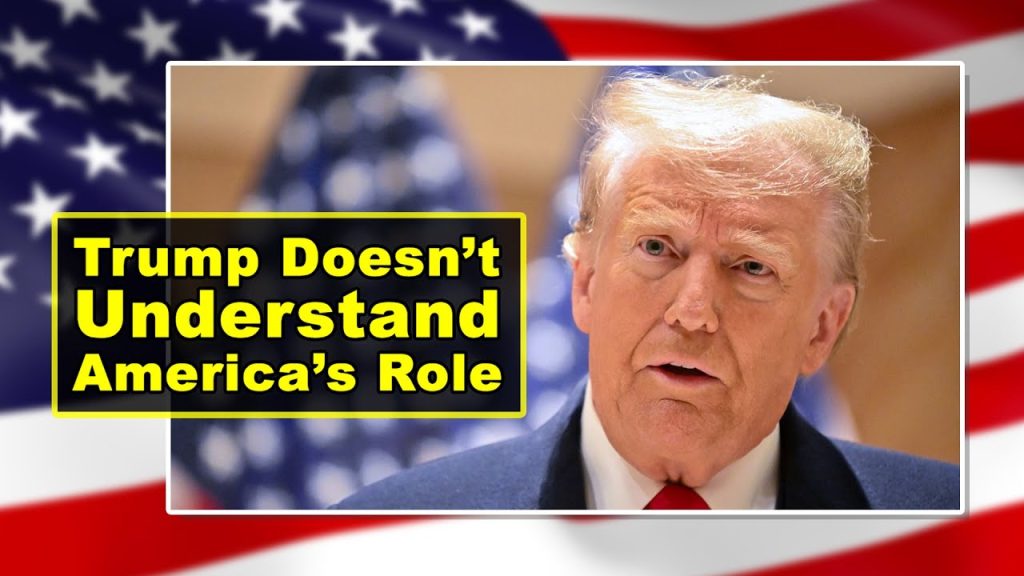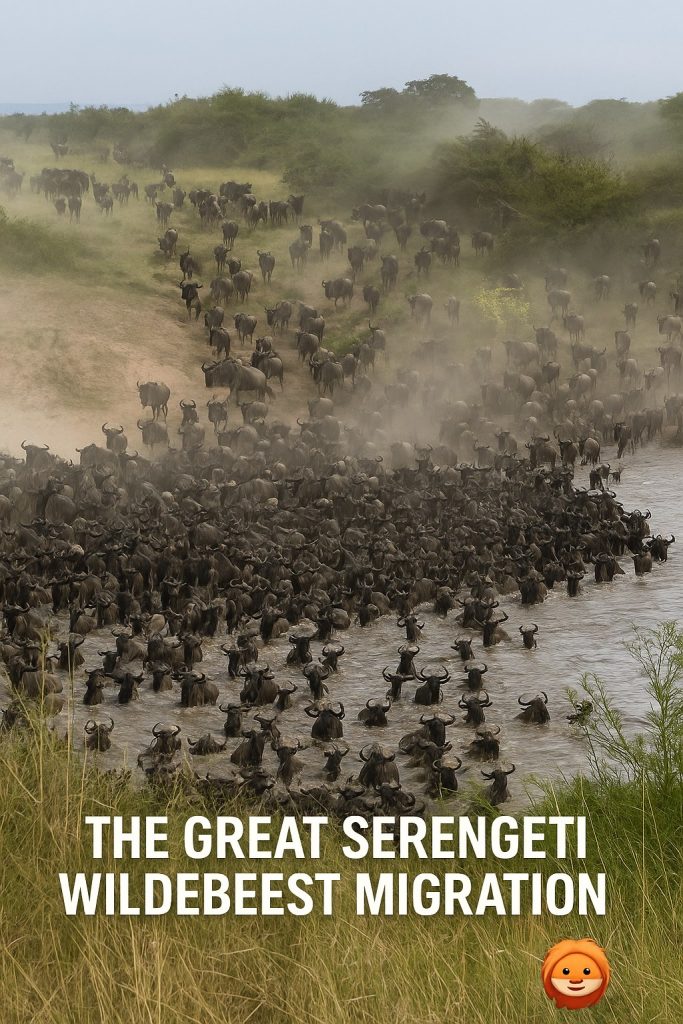In a divisive political landscape, the notion of America’s role on the world stage has long stirred debate, particularly with figures like former President Donald Trump at the center. The video titled “Trump Doesn’t Understand America’s Role” raises intriguing questions about Trump’s perception of U.S. involvement in international affairs, suggesting a disconnect between traditional American diplomatic values and his administration’s approach.
The tension surrounding America’s position on global issues intensified during Trump’s presidency, as evidenced by his “America First” policy, which prioritized national sovereignty over multilateral agreements. This shift marked a departure from decades of bipartisan foreign policy that advocated for cooperative engagement with international allies and organizations. Trump’s rhetoric often relied on a stark dichotomy between “us” and “them,” which, critics argue, undermined crucial diplomatic ties and the established role of the United States as a global leader.
Historically, America has positioned itself as a beacon of democracy and human rights, actively participating in international organizations such as the United Nations and NATO. The nation’s involvement in global initiatives—from climate change agreements to humanitarian aid—has been widely seen as an attempt to maintain stability and promote peace across different regions. However, Trump’s administration often viewed these engagements as burdens, questioning their impact on America’s economy and security.
The implications of this mindset extend beyond mere foreign policy; they resonate with a growing segment of the American populace disillusioned with the political establishment. By framing America’s international involvement as a disadvantage, Trump appealed to a base yearning for a redefined national identity. Yet, the consequences of this perspective are manifold—raising fears of isolationism and neglecting the complexities of global interdependence that define modern geopolitics.
As the national conversation continues to evolve, understanding the intricacies of America’s global role remains crucial. The dialogue sparked by this video serves as a reminder of the challenges in reconciling differing visions for the nation’s future on the world stage. Only time will tell how this narrative will shape political discourse and influence America’s ongoing quest for its place in the global order.



